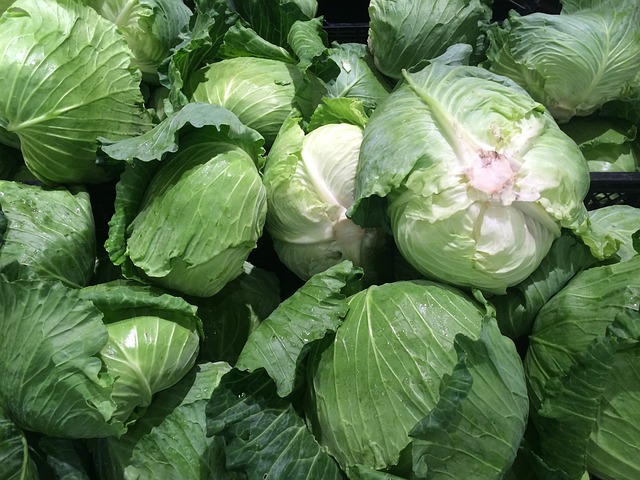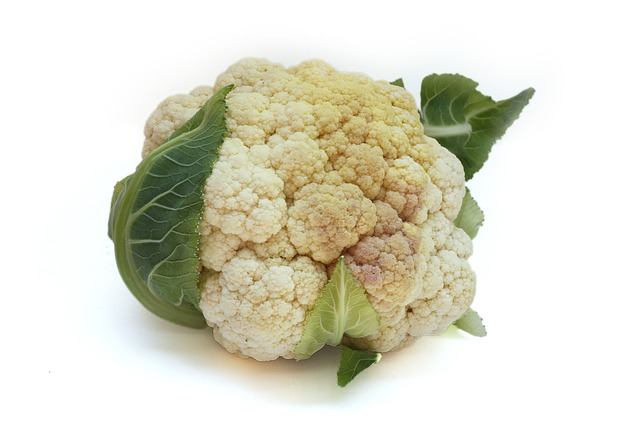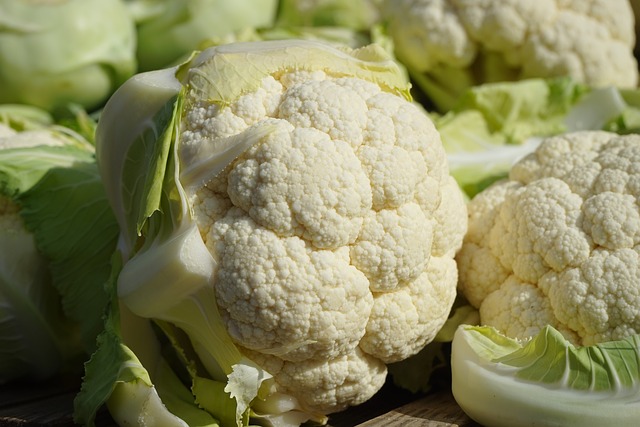Cabbage, a cruciferous vegetable renowned for its versatility and distinct flavor, is not only a delicious addition to meals but also a nutritional powerhouse. Packed with essential vitamins, minerals, and powerful antioxidants, cabbage offers an array of remarkable health benefits. Let’s explore the numerous advantages of incorporating cabbage into your diet and discover why this leafy gem deserves a prominent place on your plate.

Nutrient-Rich Superfood
Cabbage is a nutrient-dense vegetable that provides an abundance of essential vitamins and minerals while being low in calories. It is an excellent source of vitamin C, vitamin K, vitamin B6, folate, manganese, and potassium. These nutrients play vital roles in supporting overall health and well-being, from boosting the immune system to promoting healthy bones and supporting proper brain function.
Digestive Health Support
With its impressive fiber content, cabbage is the digestive system’s best friend. Fiber aids in maintaining regular bowel movements, preventing constipation, and promoting a healthy gut microbiome. Additionally, cabbage contains compounds known as glucosinolates, which have been linked to improved digestion and a reduced risk of digestive disorders.
Immune System Booster
Packed with vitamin C, cabbage is a potent ally for strengthening the immune system. Vitamin C is renowned for its ability to enhance immune function and protect against common illnesses and infections. Including cabbage in your diet can provide a natural boost to your immune system, keeping you healthy and resilient.
Anti-Inflammatory Properties
Cabbage contains powerful antioxidants, such as flavonoids and phytonutrients, that help combat inflammation in the body. Chronic inflammation has been linked to a range of health issues, including heart disease, arthritis, and certain types of cancer. Regular consumption of cabbage may help reduce inflammation, promoting overall health and well-being.

Heart Health Promotion
Cabbage offers impressive benefits for heart health. Its high levels of antioxidants, including vitamin C and anthocyanins, help protect against oxidative stress and reduce the risk of heart disease. Additionally, cabbage contains fiber and potassium, both of which contribute to maintaining healthy blood pressure levels and reducing the risk of cardiovascular problems.
Cancer-Fighting Properties
Cruciferous vegetables like cabbage are rich in compounds that have been shown to have anti-cancer properties. Glucosinolates found in cabbage are converted into compounds like sulforaphane, which have been associated with inhibiting the growth of cancer cells and reducing the risk of various cancers, including breast, colorectal, and lung cancer.
Weight Management Aid
For those striving to maintain a healthy weight, cabbage is an excellent choice. With its high fiber and water content, cabbage provides a feeling of fullness while being low in calories. It can help control appetite and prevent overeating, making it a valuable addition to a balanced weight management plan.
Skin and Hair Health
The antioxidants and phytochemicals in cabbage contribute to healthy skin and hair. Vitamin C supports collagen production, promoting skin elasticity and preventing signs of aging. Additionally, the abundance of antioxidants in cabbage helps protect the skin from damage caused by free radicals, resulting in a radiant complexion. Cabbage is also rich in sulfur, which is essential for strong and shiny hair.
Conclusion
Incorporating Cabbage into Your Diet
The versatility of cabbage makes it easy to incorporate into your daily meals. Enjoy it raw in salads, sautéed as a side dish, stir-fried in Asian-inspired dishes, or fermented into sauerkraut for added probiotic benefits. Whether you choose green cabbage, red cabbage, or savoy cabbage, be sure to select fresh and crisp heads for the best flavor and













